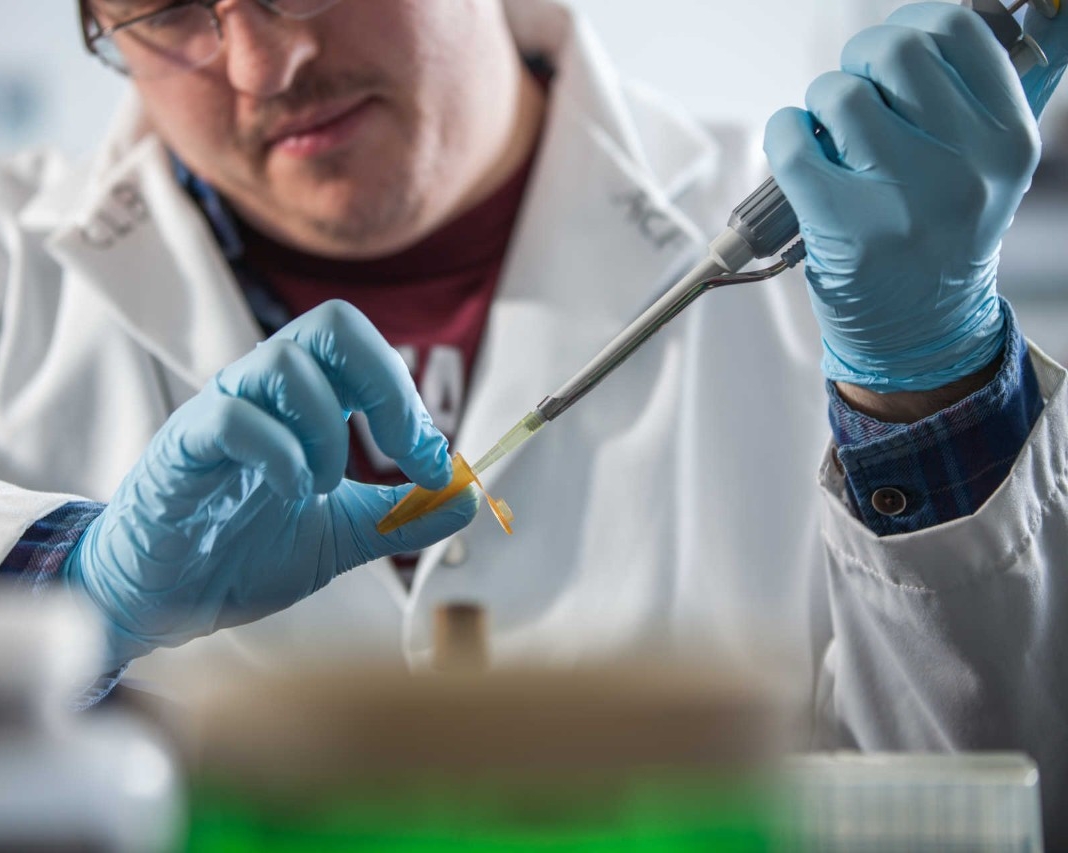This article was originally published in The Gazette.
It's not just about hard facts and figures — societal norms and values play a crucial role in defining the research we choose to pursue.
On the heels of World Science Day for Peace and Development, this past Sunday, let us talk about the intricate, complex and multi-dimensional association between science and society.
Science is not just about cold hard facts and figures; it is intertwined with our beliefs, social interactions and our perception of the world. To truly grasp this relationship, we must understand how society shapes scientific endeavours and vice versa. Not only does the power of science impact social structures, but the social power structure of actions creates, interprets and impacts scientific actions.
It is not just about scientists working in isolation; societal norms and values play a crucial role in defining scientific knowledge and its impact.
In recent decades, sociologists have delved into how societal factors influence scientific research. They have found that political, economic and religious influences, along with other social dynamics, profoundly shape scientific priorities and outcomes. It takes us to the point where we can concur that scientific knowledge is not as value-neutral as it seems; it carries the imprint of the society in which it was created.
One critical aspect of this interaction is how scientific advancements affect our bodies and, consequently, our social identities. Take pharmaceuticals, for example. Medicines and other pharmaceutical interventions usually directly impact human bodies, not only on physical bodies but also on social and cultural depictions of bodies. To look deeper into the process of social meaning-making of scientific actions through human bodies, let us talk about the practice of reproductive technologies.

Have you ever considered new reproductive technologies as a means to control women’s reproductive power? Historically, the control over reproduction has been intertwined with power dynamics. From birth control to fertility treatments, women are the primary subjects of scientific research and medical interventions. This use of reproductive technologies can reinforce patriarchal norms, influencing how society views femininity and motherhood. Even today, there is a disproportionate focus on women’s fertility compared to men’s, reflecting broader societal attitudes toward gender roles and responsibilities.
Moreover, these technologies are not just about biology; they are deeply political. Governments sometimes use reproductive policies to control population growth, viewing women’s bodies as a tool for managing demographics. Such instances raise questions about power dynamics and who benefits from specific scientific advancements. They also highlight how scientific advancements can be entangled with state power and societal control mechanisms.
Critics might argue that scientific discoveries like new reproductive technologies may not solely reinforce patriarchal norms but could also challenge traditional gender roles and stereotypes. These technologies could empower women by increasing their control over reproductive choices and health through expanded options. However, in a world with deeply ingrained gender inequality, how much agency poor, Indigenous, immigrant, refugee, widowed, homosexual, minority or women of colour can use regarding their reproductive choices remains the burning question here. A study by the United Nations based on data from 64 countries for the period 2007–2021 shows that only 57 per cent of heterosexual women who are married or in a union aged 15 to 49 could make their own informed decisions regarding contraceptive use and reproductive health care.
Understanding these dynamics requires a socio-cultural analysis of scientific actions. Such an approach helps us see beyond the scientific facts to how they are shaped by and, in turn, shape societal norms and power structures. It encourages us to critically examine who benefits from scientific advancements and who might be marginalized or oppressed by them.
Looking deep into the sociology of science gives us insight into the broader implications of scientific activities. It teaches us to question the supposed neutrality of scientific knowledge and to recognize the influence of societal factors on what we consider to be objective truth. By exploring these intersections of science and society, we gain a deeper understanding of our place in the world and the forces that shape it. It is a journey toward uncovering the hidden narratives and power struggles embedded in scientific progress.